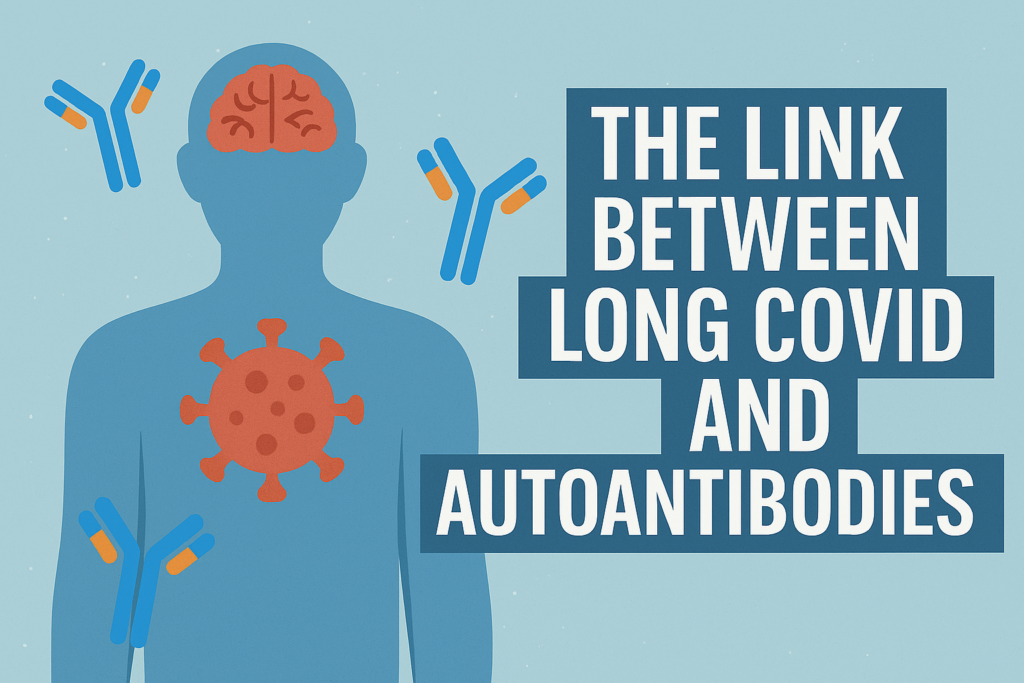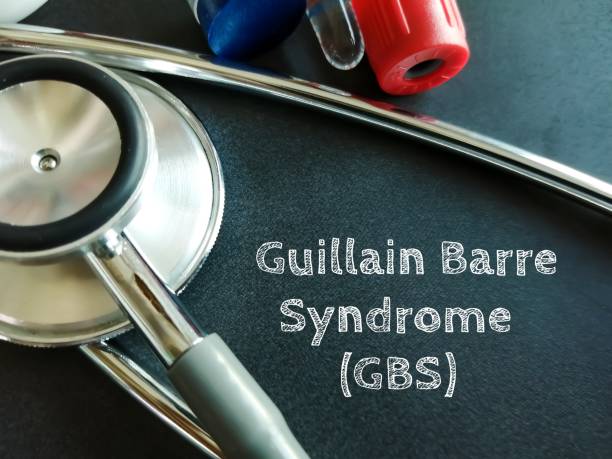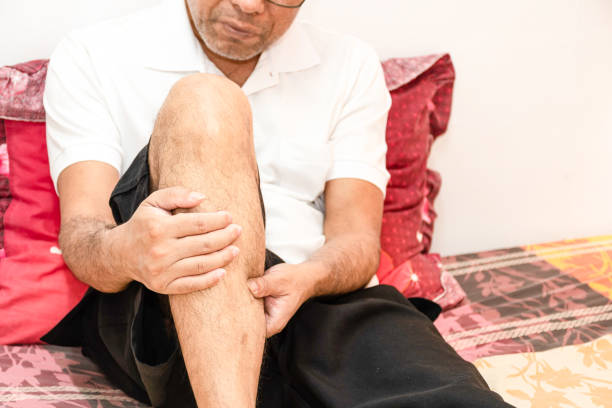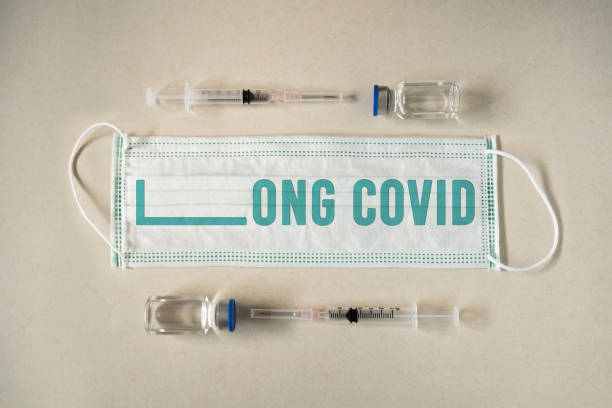If you’re still dealing with strange symptoms months after recovering from COVID-19, you’re not alone. One of the most intriguing—and concerning—areas of ongoing research is the connection between Long COVID and autoantibodies. Autoantibodies are rogue antibodies that mistakenly attack your own tissues instead of pathogens. They’re normally associated with autoimmune diseases like lupus or rheumatoid arthritis, but researchers are now finding them in people with Long COVID. Could the lingering fatigue, joint pain, or brain fog be your immune system turning against you? This theory is shaping new treatments and support strategies, both conventional and alternative.
What Are Autoantibodies?
Our immune system produces antibodies to identify and destroy viruses, bacteria, and other threats. But sometimes, this defense system goes haywire, producing autoantibodies that attack the body’s own cells. This process can lead to chronic inflammation and tissue damage. In Long COVID patients, scientists have identified a wide range of autoantibodies that were not present before infection. A study published in Nature found that COVID-19 can trigger the production of autoantibodies that persist months later (Nature). These antibodies can target nervous tissue, blood vessels, and even the immune system itself.
The Growing Body of Research
A study published in Cell Reports Medicine discovered that Long COVID patients had increased levels of autoantibodies compared to those who fully recovered. These findings suggest that autoimmunity may be a key driver of Long COVID symptoms (Cell Reports Medicine). Some researchers believe COVID-19 may act as a trigger for autoimmune diseases in those who are genetically predisposed. This would help explain the wide range of Long COVID symptoms, from chronic fatigue to POTS (postural orthostatic tachycardia syndrome).
Symptoms Linked to Autoantibodies
Autoantibodies can affect nearly every organ system. In Long COVID, this may look like joint and muscle pain, brain fog, digestive issues, rashes, and even hormonal imbalances. In particular, autoantibodies against the nervous system may cause neuroinflammation and explain cognitive difficulties. Some studies also suggest that autoantibodies can impair blood flow by attacking vascular structures, contributing to dizziness and heart palpitations (Frontiers in Immunology).
Conventional Treatments in Development
Currently, there’s no standard treatment for autoantibody-related Long COVID, but clinical trials are underway. Immunomodulatory therapies like IVIG (intravenous immunoglobulin) and plasmapheresis are being studied to remove or dilute autoantibodies. These treatments are already used for autoimmune diseases and have shown potential in early Long COVID case reports (NIH Clinical Trials). Monoclonal antibodies and low-dose immunosuppressants may also be part of future protocols.
Natural Approaches to Immune Regulation
If you’re exploring natural routes, there are some promising options. Omega-3 fatty acids, found in fish oil, have been shown to reduce inflammation and modulate immune activity (Harvard T.H. Chan School of Public Health). Vitamin D, zinc, and selenium also support immune balance. Medicinal mushrooms like reishi and cordyceps have immune-regulating effects and may help reduce overactivation. Herbal options such as ashwagandha and turmeric also support systemic inflammation, though more specific research is needed in the context of autoantibodies.
B Vitamins and Nervous System Recovery
Since autoantibodies can affect nerve function, supporting the nervous system is essential. B-complex vitamins, especially B1 (thiamine) and B12 (methylcobalamin), are key for nerve health. Thiamine has even shown benefits in small trials for fatigue syndromes and post-viral illness. These nutrients are low-risk and may be worth integrating into your recovery plan—especially if brain fog and nerve symptoms are prominent.
Experimental Therapies and Off-Label Use
Some practitioners are exploring Low Dose Naltrexone (LDN) to reduce inflammation and autoimmunity. It’s being used off-label in fibromyalgia, ME/CFS, and now Long COVID, with anecdotal success. Another experimental option is helminthic therapy, where beneficial parasites are introduced to retrain the immune system—not mainstream, but being researched for autoimmune diseases. Also under investigation are antiviral medications like Paxlovid, which may reduce the viral triggers that perpetuate autoimmunity in some patients.
Holistic Recovery Strategies
Healing from autoantibody-related Long COVID is a marathon, not a sprint. Gentle movement, stress management (like meditation or breathwork), anti-inflammatory nutrition, and adequate sleep are crucial. If you have access to a functional or integrative medicine practitioner, they can help tailor a plan that supports your immune system without suppressing it entirely. Some patients also benefit from group support or health coaching, especially when navigating the ups and downs of recovery.
Final Thoughts
The theory that Long COVID may be fueled by autoantibodies is reshaping how we understand and treat this condition. It gives both patients and practitioners a tangible target—and a path forward. Whether through cutting-edge therapies or natural immune support, it’s clear that this isn’t “just in your head.” There are real, measurable immune shifts happening. Staying informed and proactive is key, and as research evolves, so will your options.
📩 Sign up for updates on Long COVID research and emerging treatments.




